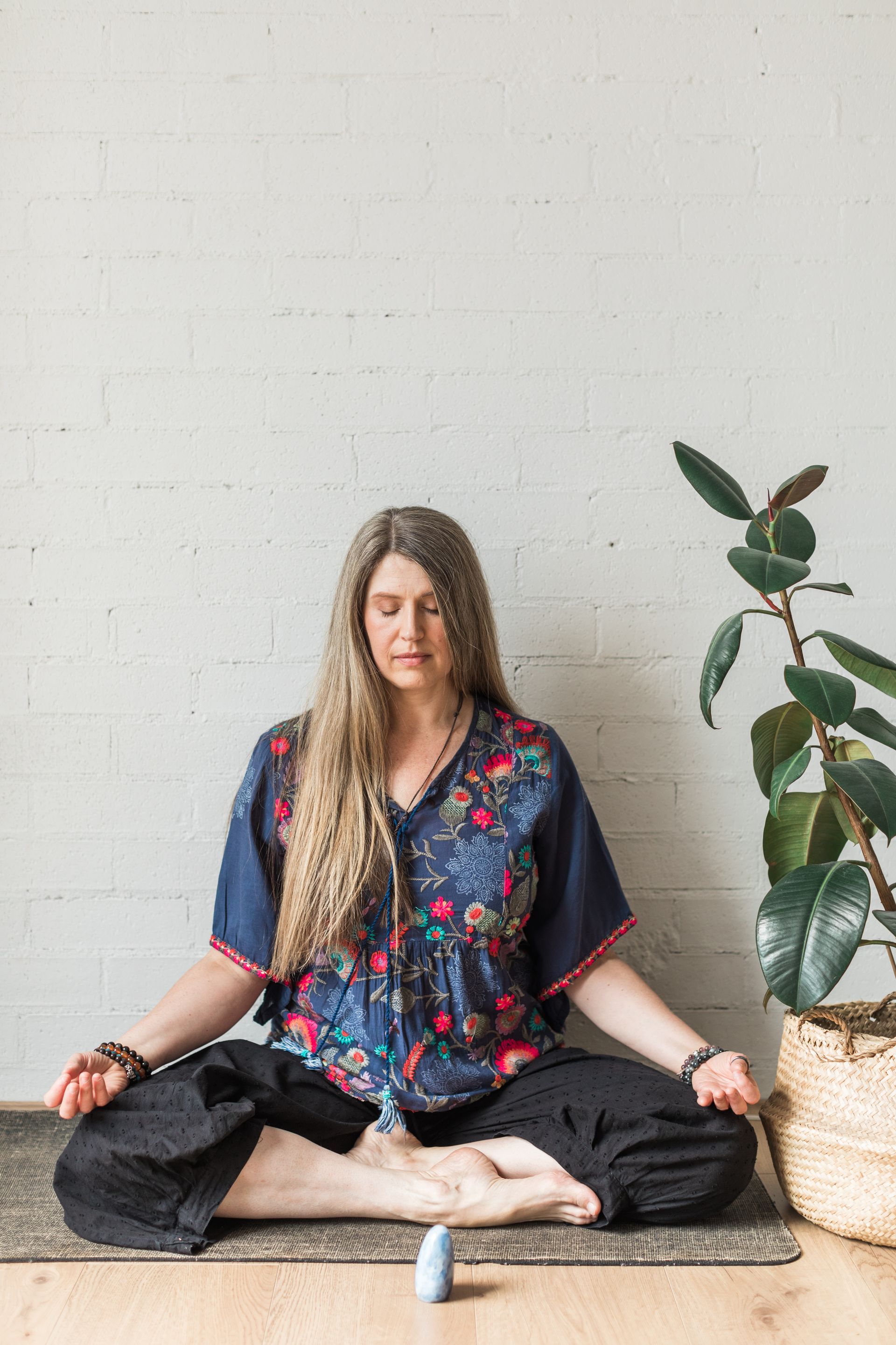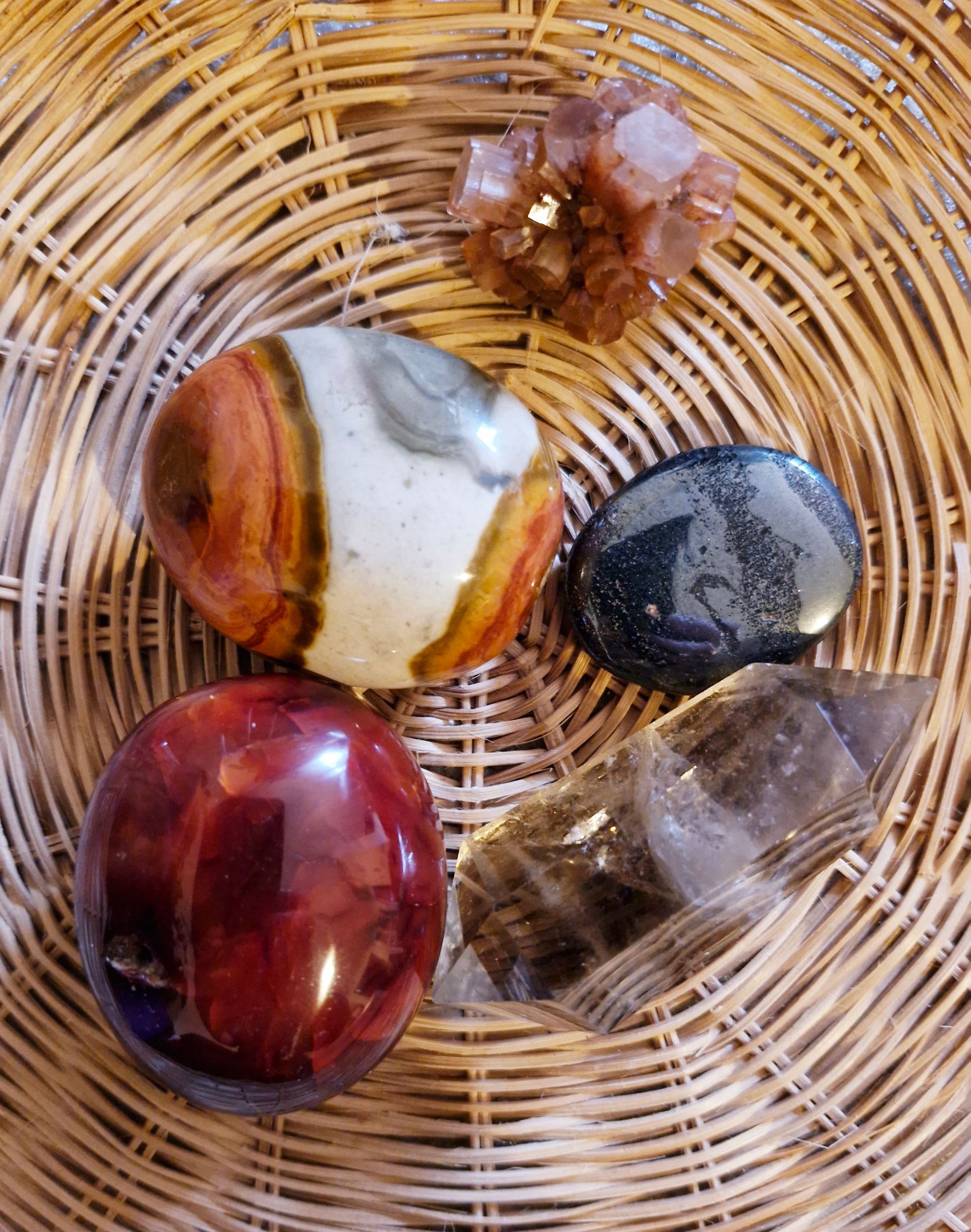Introvert’s Survival Guide for the Holidays
How to keep your introvert self sane without becoming a social pariah

Deck the halls with boughs of holly…
‘Tis the season to be completely overwhelmed and exhausted by humans and all their associated people-ness
OK, OK, I know that’s not how the carol goes. But all the introverts reading this are now probably nodding their heads going “YES YES YES that’s how it feels!!!!” This article is for you (all you extroverts can just get together and commiserate loudly or something).
Not sure which category you fall into? Well, introverts are people who tend to prefer calm, quiet environments and tend to relate to the world from the inside out – that is, we process things internally before expressing them, often over time. We can feel really drained and exhausted by socialising with people and tend to feel like we can only recharge our batteries while we’re alone. Extroverts are just the opposite – they’re energised by spending time with other people, and often are best able to process their thoughts and feelings through engaging with others. Neither of these are good or bad – any more than having blue eyes or brown eyes is good or bad – they just are. Obviously, these traits can be seen as being on a continuum and are independent of things like intelligence, empathy and even shyness. There’s some suggestion that there is a genetic, biological component to introversion/extroversion – but I’m pretty sure the jury is still well and truly out on that.
One way you might figure out that you are an introvert is if the thought of attending a bunch of end of year parties fills you with dread, and you suffer total and complete exhaustion in the aftermath. If that’s you - read on!
To an introvert, it can feel like our society and culture is basically designed for extroverts, and we introverts just have to suck it up. And maybe that’s true! But if you are an introvert, how can you support yourself to get through the holidays without draining yourself completely or offending half of your friends and relatives?
To say that I’m wildly social and a total social success would be a bald-faced lie. But I do have some ideas on how introverts (or shy people) might be able to make life a little easier for themselves at parties.
Please note: These ideas are for introverts, not those with a diagnosable condition such as social anxiety disorder. For those living with such conditions, treatment and recovery is absolutely possible, and help is available from your family physician and/or a clinical psychologist.
But if you’re just a garden-variety introvert, here’s some thoughts from my introverted brain to yours for how to survive the silly season.
1. Find yourself a job
Unstructured conversation in group settings can be a terrifying prospect for an introvert. So get yourself some structure! If you know the host of the party, offer to help out in some way, especially if you have some useful expertise. Hilariously, I often find myself in the kitchen cutting up foods that I frankly wouldn’t know how to cook or prepare or would ever eat – but if you can peel a vegetable or wipe a dish, you can serve a useful function. And being with other people when you share a task gives you a shared point of reference to help make conversation easier (or something to concentrate on to avoid conversation if you prefer). If you’re not one for the kitchen, then cleaning, serving, helping out with music or even being an unofficial meet-and-greet person (actually quite useful for professional functions where people may not know their way around your function area) – there’s lots of things that you can grab hold of to avoid standing around feeling like a goose.
2. Find the kids (or pets)
Let’s face it, most of the time children are much more fun to be around than grownups. Hanging out watching cartoons with small people or comparing your favourite super powers is not only much more fun, it’s usually a lot less socially demanding. As an added advantage, as long as you’re a reasonably responsible adult, you are helping your host by providing free supervision. The only problem with this option is that if you do it well and the kids like you, you’re going to be invited back to every function for the rest of your life. Dogs and cats are also very undemanding in terms of conversation.
3. Read newspapers and think about your potential audience
Keeping informed of current events is useful for so many reasons, but one is that it gives you something to talk to strangers about. I once had to meet the new girlfriend of an ex-fiancé in an emotionally difficult situation, and was a bit nervous about it. I knew that she was doing a PhD on a certain topic and read some articles in The Economist that week about it. I then thought of one single question that I could ask her relating to current events that were relevant to her PhD topic. Well. She spoke about it almost constantly for the next two hours (and had some really fascinating things to say). Needless to say, it was all much less awkward than I thought and much more interesting. This was a very unusual situation, but the general principle is still sound.
4. Set yourself a time limit
This is probably the most useful idea I’ve found. If I’m nervous about going to a function (and I’m always nervous about going to functions) I internally set myself a time limit, after which time I will give myself permission to leave. Especially if it’s an event where I don’t know many people but feel that I must go, having a deadline in mind can really help me to feel safe – rather than just feeling that I have to stay there for hours and hours and hours and feel miserable and uncomfortable. Sometimes when I’m feeling tired, I know I won’t get much past one hour, and that’s OK. I set myself a time limit and then thank the host, saying I have to go now (rarely do you need to explain further than that). Often just knowing that I am giving myself permission to leave after a certain time makes me sufficiently comfortable that I’ll stay longer, if I’m feeling OK or even (wonder of wonders) enjoying myself.
5. Make sure you have your own transport
So you can leave without depending on anyone else’s inclinations!
6. Discretion is the better part of valour
Sometimes you just need to accept that you are the way you are, and that some events are not going to be fun for you. In those situations, you can choose to go along and do your duty if it feels like that’s going to be in your best interest – and sometimes, you might have to admit to yourself that you just can’t face it, and decline. It’s really important to RSVP as early as possible and let people know that you can’t make it – that’s simple courtesy, and it’s easy to forget in this busy day and age. But beyond saying “I’m sorry, I can’t make it that night – I hope you all have a wonderful time!”, most people won’t actually need or want the full details of why you can’t make it. It’s none of their business (and most people have more important things going on in their lives than wondering about your social life!).
I hope these ideas are useful for my fellow introverts. The holidays can be a really tough time of year for a lot of people, and it’s tough for introverts in its own way. There’s nothing wrong with being who you are, the way you are – and there’s often things that we can do to help support us to do what we need to do. Happy holidays – and if you’ve got more ideas, I’d love to hear them!









